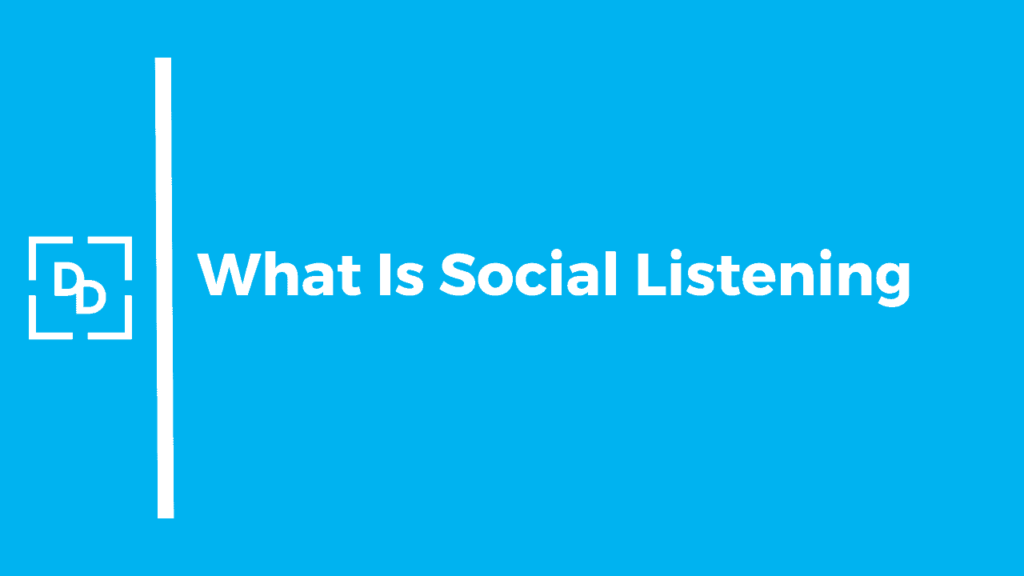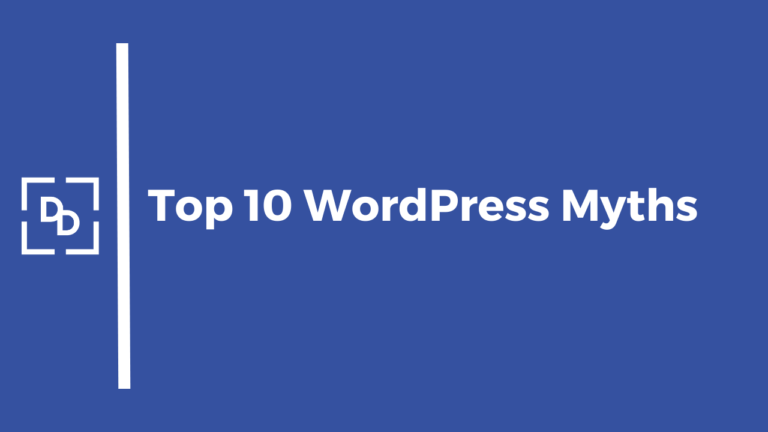What Is Social Listening?
In today’s digital age, businesses and organizations have access to an enormous amount of data about their customers and their behavior.
However, collecting and analyzing this data can be overwhelming and time-consuming. This is where social listening comes in.
Social listening is a technique used to monitor, track, and analyze online conversations and mentions of a brand, product, or service on social media platforms and other online channels.
In this blog, we will explore what social listening is, why it is important, and how businesses can use it to improve their overall marketing strategy.
So, What Is Social Listening?
Social Listening, also known as social media monitoring or brand monitoring, involves monitoring conversations and mentions of a brand, product, or service on social media platforms, blogs, forums, news sites, and other online channels.
Social listening allows businesses to gather valuable insights and feedback from their customers, as well as track and analyze trends, sentiment, and customer behavior.

This information can be used to improve a company’s overall marketing strategy, customer service, and product development.
The goal of social listening is to gain insights into customer behavior, preferences, and opinions, and use this information to improve a company’s overall marketing strategy, customer service, and product development.
Social listening is an ongoing process that requires consistent monitoring and analysis of social media channels to stay informed about customer opinions and industry trends.
Fun Fact
42% of businesses that use social listening report improved customer satisfaction as a result of the insights gained
Why Is Social Listening Important?
Social listening is an essential tool for businesses of all sizes and industries for several reasons:
- Understanding Customers: Social listening provides businesses with valuable insights into their customers’ needs, preferences, and opinions. This information can be used to improve products, services, and customer experience
- Reputation Management: Social listening allows businesses to monitor their brand’s reputation and track customer sentiment. By identifying negative feedback and addressing customer complaints, businesses can improve their reputation and maintain a positive brand image
- Competitor Analysis: Social listening provides businesses with insights into their competitors’ strategies, customer opinions, and market trends. This information can be used to develop more effective marketing and sales strategies
- Crisis Management: Social listening allows businesses to identify potential crises and respond quickly to negative feedback or customer complaints. This can help minimize damage to the brand and prevent negative publicity
- Influencer Marketing: Social listening allows businesses to identify key influencers in their industry and engage with them to reach a wider audience

How To Get Started With Social listening?
Here are some steps to help you get started with social listening:
Define Your Goals: Before you start monitoring social media channels, it’s important to define your goals and objectives. What do you hope to achieve by monitoring social media channels? Are you looking to increase brand awareness, improve customer engagement, or track customer sentiment?
Choose the Right Tools: There are several social listening tools available that can help you monitor and analyze social media conversations. Some popular tools include Hootsuite, Brandwatch, Sprout Social, and Mention. Choose a tool that best fits your needs and budget.
Identify Relevant Keywords: Once you have chosen a social listening tool, you need to identify the relevant keywords or phrases that you want to monitor. These keywords could be your brand name, product name, industry-related terms, or any other relevant keywords.
Monitor Conversations: Once you have identified the keywords, you can start monitoring social media channels for relevant conversations and mentions. It’s important to track not only your brand name but also your competitors, industry trends, and relevant influencers.
Analyze Data: As you monitor social media channels, you will gather a significant amount of data. It’s important to analyze this data to gain insights into customer behavior, sentiment, and opinions. Use this information to make data-driven decisions and improve your overall marketing strategy.
Did You Know?
Social listening can be used for competitive analysis, allowing businesses to gain insights into their competitors’ marketing strategy, customer service, and product development.
Some Interesting Stats
Here are some statistics on social listening
According to a survey by Sprout Social, 86% of marketers believe that social listening is important, but only 24% are using social listening to its full potential
A study by Mention found that 72% of consumers who complain on social media expect a response within an hour
Social listening can have a significant impact on customer loyalty. A study by Hootsuite found that when brands respond to customer complaints on social media, 37% of customers are more likely to remain loyal to the brand.
According to a report by Brandwatch, 96% of people who discuss brands online do not follow those brands’ profiles. This means that social listening is crucial for brands to monitor online conversations and engage with their audience.
Social listening can provide valuable insights into customer behavior and preferences. A study by Brandwatch found that 80% of Instagram users follow at least one business, and 60% of users discover new products on Instagram
Social listening can also help businesses identify potential crises before they escalate. A study by Talkwalker found that 28% of crisis could have been avoided or mitigated if companies had been listening to social media.
These statistics demonstrate the importance of social listening for businesses to improve their marketing strategies, customer service, and product development.
Social listening can provide valuable insights into customer behavior and preferences and help businesses maintain a positive brand reputation
Conclusion
Social listening is a valuable tool that can provide businesses with insights into customer behavior, sentiment, and opinions.
By monitoring social media channels, businesses can improve their overall marketing strategy, customer service, and product development. Social listening is not a one-time event but a continuous process that requires dedication and effort.
So, making social listening a part of your overall marketing if you want to stay informed and make the right decisions.
Subscribe to our Newsletter to stay updated on all news related to this topic. If you have any questions, email us on mail@digital-doorway.com
Frequently Asked Questions
There's a very thin which separate social listening with social monitoring.
Social Listening involves monitoring and analyzing online conversations and mentions to gain insights into customer behavior, preferences, and opinions. While, Social Monitoring involves tracking mentions of a brand, product, or service on social media platforms and other online channels
Social Listening is an ongoing process that requires consistent monitoring and analysis of social media channels. The frequency of social listening will depend on the needs of your business and the volume of social media mentions.
Insights gained from social listening can be used to improve your overall marketing strategy, customer service, and product development.
For example, you may identify common customer complaints and use this information to improve your products or services, or you may identify new opportunities for engagement with your audience.
Yes, social listening can be used to monitor and analyze online conversations and mentions about your competitors.
This can provide valuable insights into their marketing strategy, customer service, and product development.
Subscribe!
Interested in hearing more from us on Digital Marketing?






